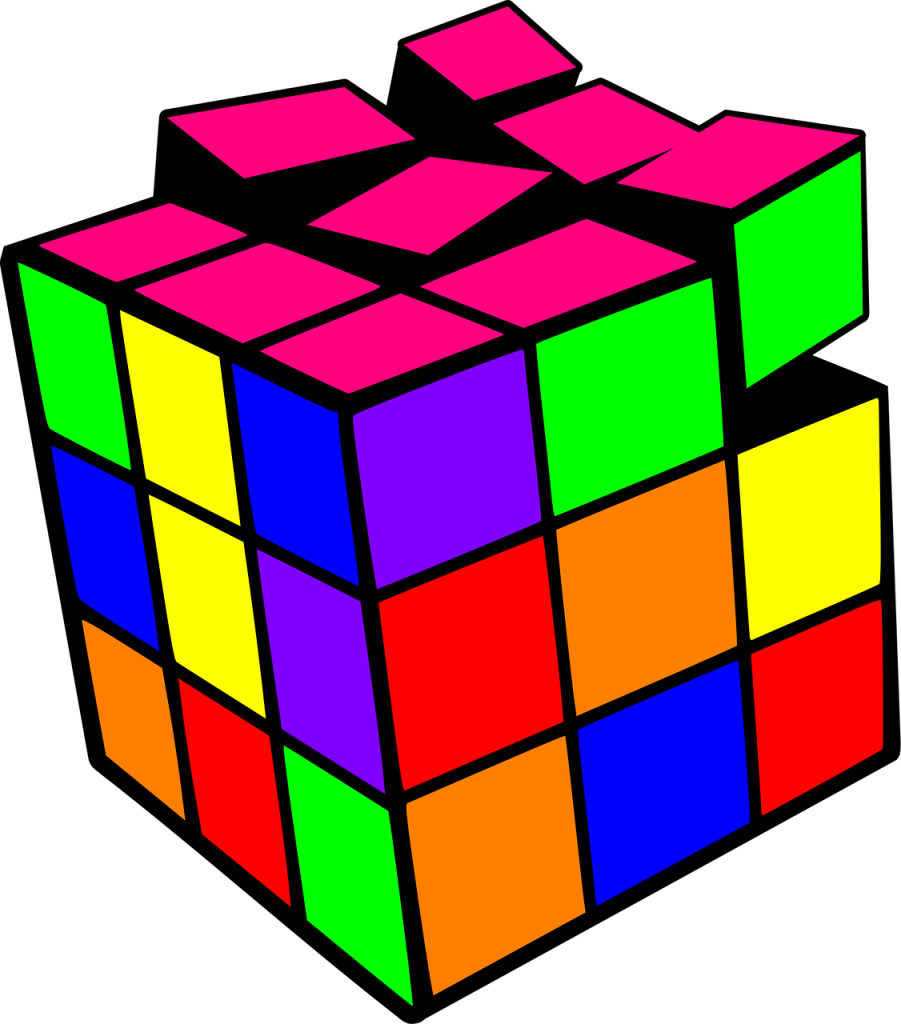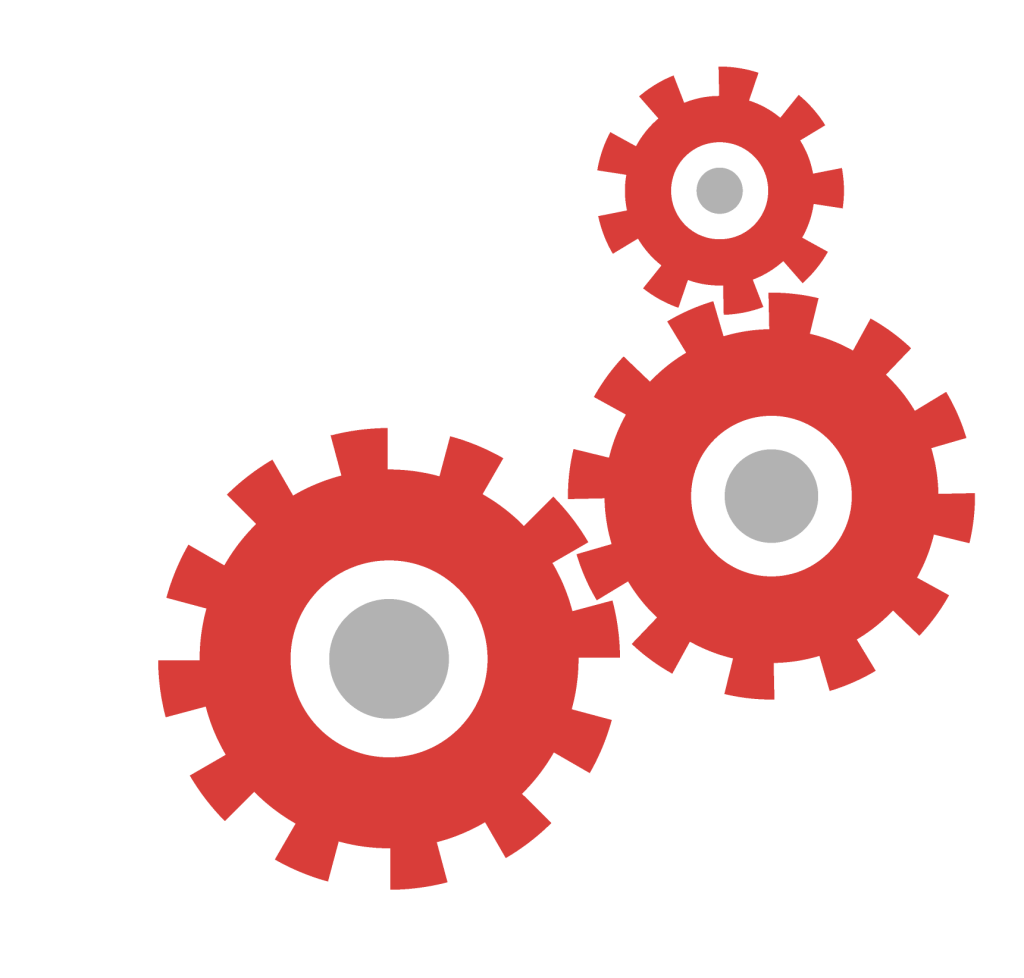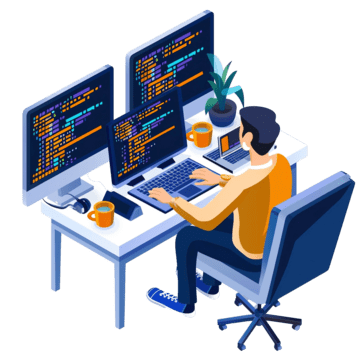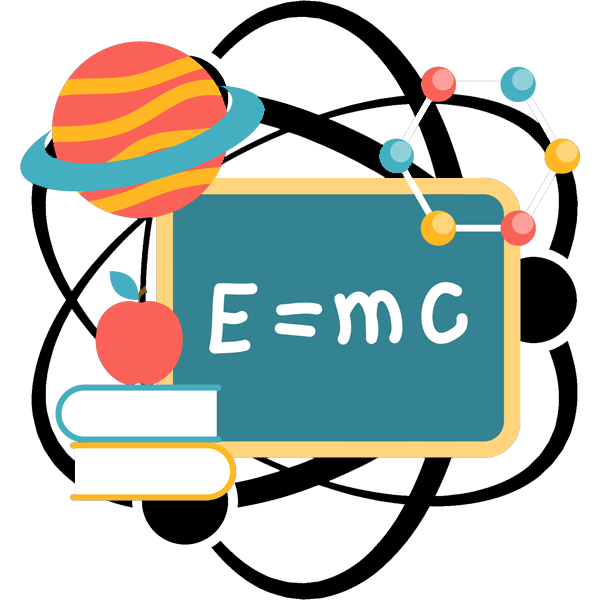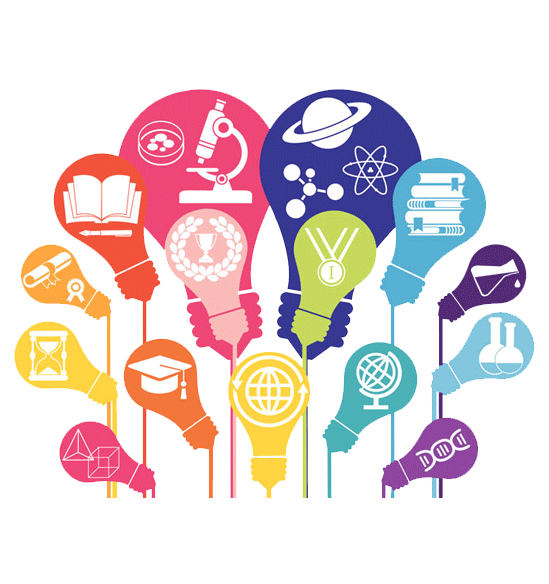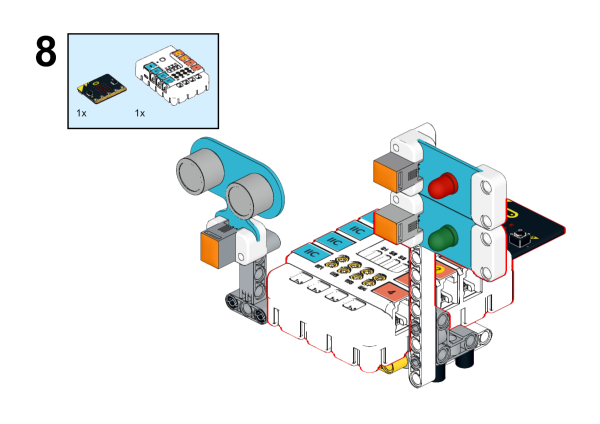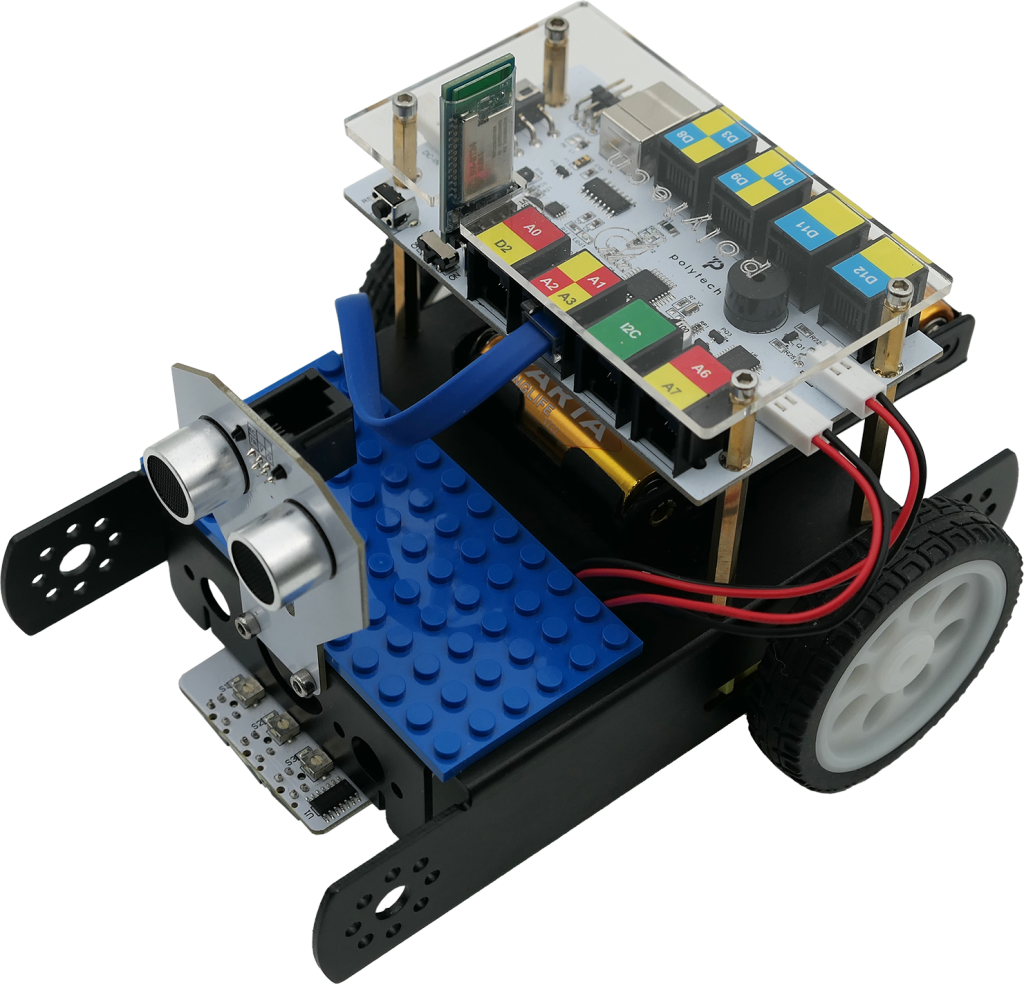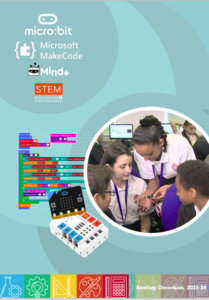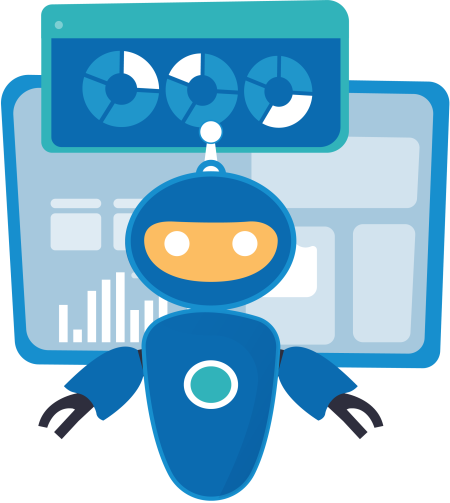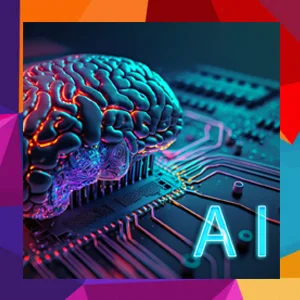
About Course
In a world where technology is evolving at a rapid pace, Artificial Intelligence (AI) is emerging as one of the most influential fields, with the ability to transform every aspect of our lives. From the digital assistants we use every day to the smart devices that improve our quality of life, AI is playing a key role in the technology revolution. This skills workshop, aims to introduce students to the magical world of AI and help them understand how it is influencing and shaping our future. Through interactive and hands-on activities, students discover the power of AI and understand how it affects our everyday lives. It also provides a comprehensive and practical approach to understanding AI. Students gain the knowledge and skills that will prepare them to become tomorrow’s innovators in the world of technology.
Course Content
01 AI 101
-
Educational Objectives
-
Materials Needed
-
Teacher’s Guidelines
-
Lesson Presentation
02:10 -
Lesson Worksheet
02 Unlocking the Future: Foreseeing Data
03 Camera detectives
04 Follow the Target
05 My camera, My rules
06 Music Ninjas
07 Beyond the Joystick
08 Robot Learners
09 The ethics of AI
Student Ratings & Reviews



